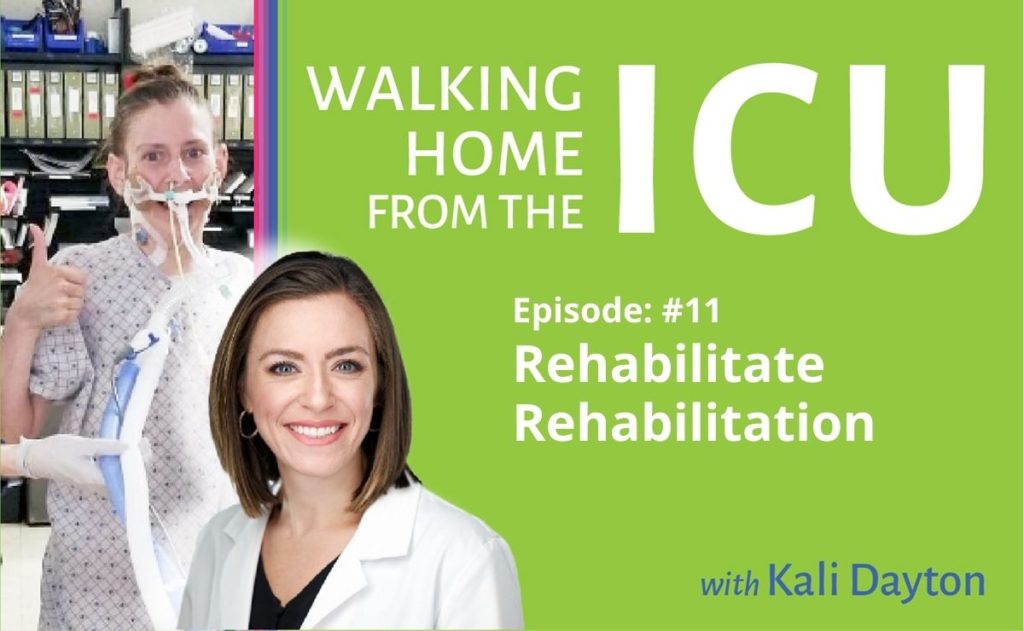
Walking Home from The ICU Episode 14: Different Treatment Different Outcomes
If we treated patients differently, would their outcomes be different? What if patients never stopped walking during critical illness? In this episode, one ICU dared to ask. Episode Transcription Kali Dayton For the past 13 episodes, we have learned about the mental psychological and physical suffering of survivors of prolonged sedation, delirium and immobility.
Learn More > from Walking Home from The ICU Episode 14: Different Treatment Different Outcomes



